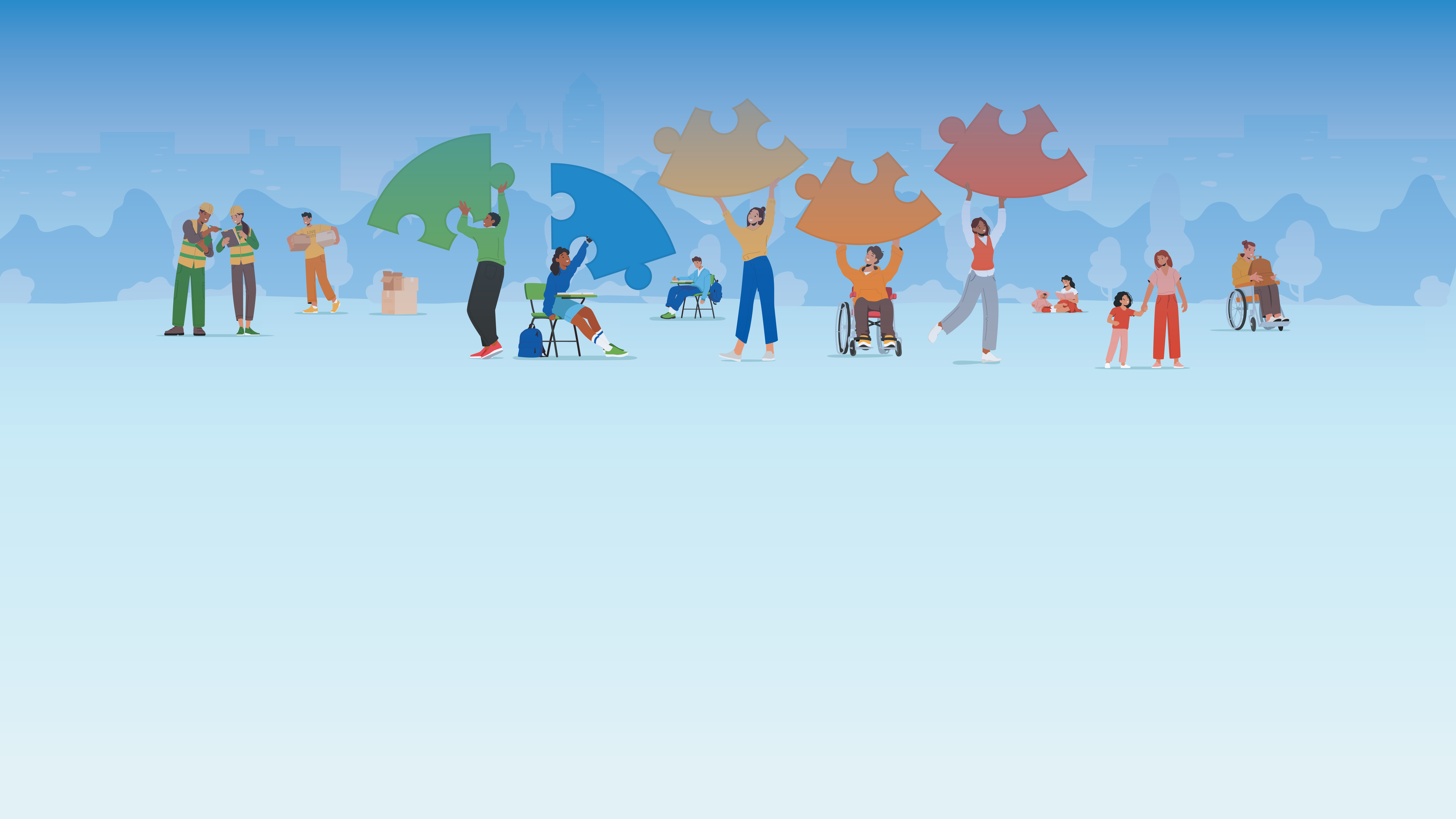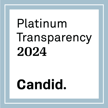Medicaid and hawk-i as we know them have changed, beginning April 1. This affects 500,000 people—nearly one in six Iowans.
Medicaid Modernization, as it is called by the state of Iowa, changes the management of care for the Medicaid and hawk-i populations to private managed care organizations (MCOs). Following a competitive bid process, three private MCOs are now contracted with the state of Iowa to manage the $4.2 billion program.
The move to the private MCOs was announced by Governor Branstad in 2015, citing the need to control the budget and provide better coordinated care for consumers.
Medicaid and hawk-i offer health care coverage for low-income children, families and adults, as well as Iowans with disabilities. Income limits and eligibility differ by program (for example, hawk-i provides coverage for families making up to 302% of the federal poverty level), and coverage is available for health, behavioral health (mental health and substance use treatment), and long-term care (services for individuals who are aging or have disabilities and need assistance at home or in a facility).
Shifting a state-funded and -run program of this size is no easy task. Just communicating the basic information about the change and what members should do is made more difficult by language and educational barriers. Medicaid providers and members have a lot of questions, including whether members can continue seeing their current providers and whether they will have the same benefits as they do under the currently publicly-managed program.
This is where Lesleyann Christensen with Visiting Nurse Services of Iowa comes in to save the day – or at least help us in central Iowa better understand what’s happening. Thanks to funding support from Mid-Iowa Health Foundation and the Community Foundation of Greater Des Moines, VNS began convening a Medicaid Modernization stakeholder group to discuss the upcoming changes. The group is focused on educating and equipping health care and social service providers to be able to respond to consumer needs and ensure the highest quality care during the transition.
The stakeholder group includes Polk County Health Services, Polk County Health Department, Unity Point Health – Des Moines, Mercy Medical Center, Broadlawns, United Way of Central Iowa, and many others, including representatives of the three MCOs.
Instead of each organization individually developing responses and hunting for answers to questions, the collaborative group has been able to identify common questions and needs, eliminating duplication of efforts. One result of this collaboration has been development of staff resources to better understand the transition, and to help assist Medicaid members who have questions. If you’d like to get involved or would like more information about the group, contact Erin Drinnin at edrinnin@unitedwaydm.org.
Here’s a listing of resources to help you better understand the new Medicaid:
YouTube video outlining the Medicaid reform and how it affects you
Sample cards from the Managed Care Organizations
Where to find important numbers on your MCO Card
MCO contact information for frequently asked questions
Your Primary Care Provider (PCP): what you need to know





%20-%20No%20Tagline.png?width=180&name=211%20Logo%20-%20color%20(white%20bubble)%20-%20No%20Tagline.png)

